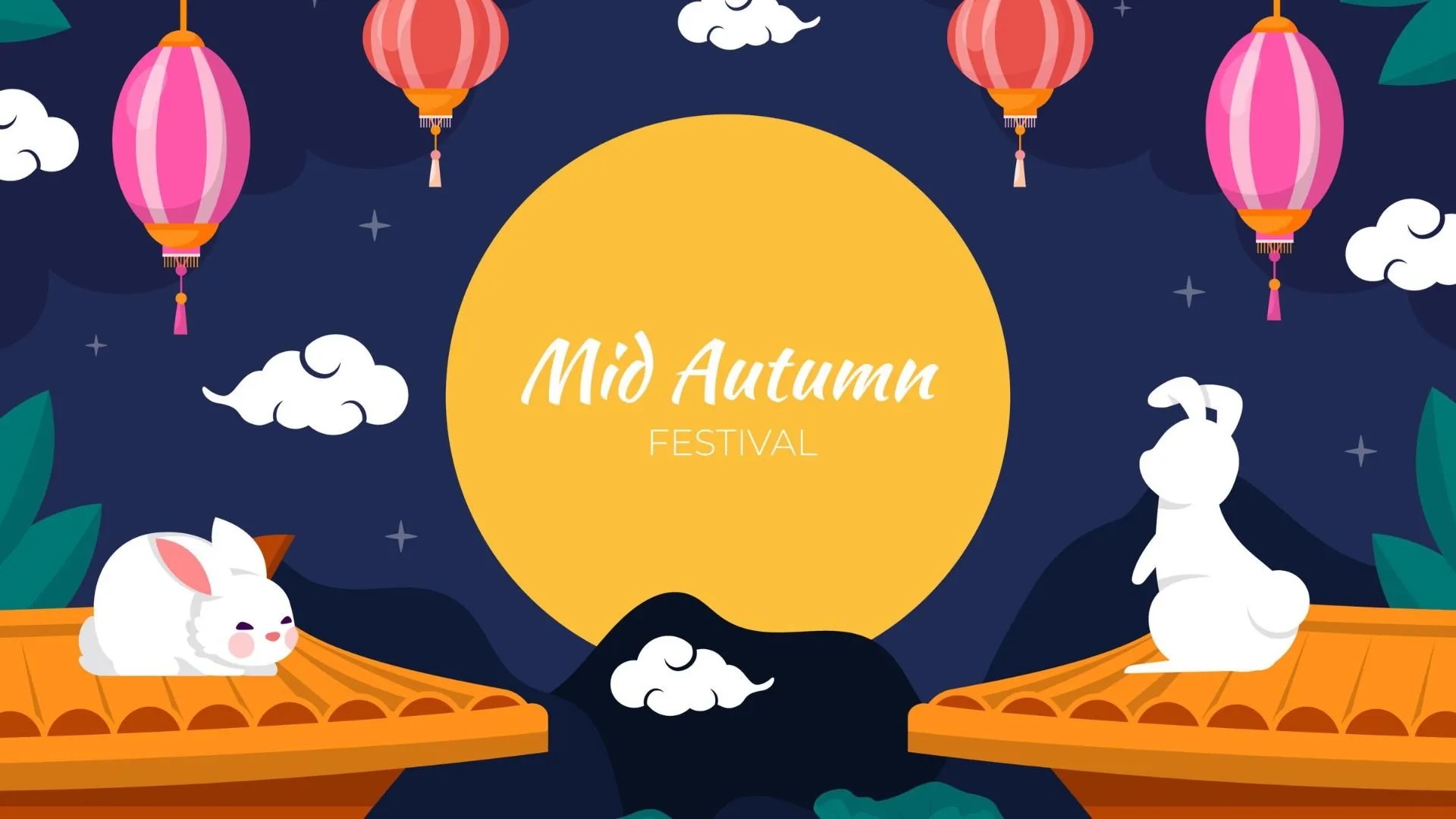Spotlight is a regular series where we feature a prominent person in the creative scene.
Hip hop culture is unmistakably immense in China, despite sometimes facing scrutiny and some form of censorship. The first season of Rap of China garnered three billion views and hip hop dance shows have since been picked up by online streaming services like iQiyi and Youku. However, in recent years, authorities have looked to limit hip hop’s influence on society, as cited by South China Morning Post. Official figures suggest that there are at least 5,000 street or hip hop dance studios around the country. We sat down with choreographer Victor Deng who led a youth dance group to victory at the 2020 Hip Hop International dance competition. He shares his views on the rise of hip hop culture and dance in the Middle Kingdom.

Victor Deng
Why did you want to study dance and how were you exposed to hip hop culture here in China?
When we are kids or teenagers, we want to be unique. Also, people are always thinking about the past or the future, but when you’re dancing then you are truly in the moment. Dance helps people express their true feelings. If you’re happy then you will dance happy, if you’re angry you will dance angry. In our society, people are always holding things inside, but dancing can help let them go. It’s not that I chose dance – dance chose me. We started self-taught, just practicing what we watched. In this generation, it all came from one place – video CDs. We would find the VCDs with our friends at weird stores in the neighborhood and go to someone’s home and watch the videos and study the new dances. People used to think we were weird but then five or six years ago hip hop dance got really big.
“Even some Chinese traditional dances, especially in Yunnan, always have topics and movements about sex”
How did you become a dance teacher and a choreographer?
In 2010, I started to learn a dance style called LA, or urban style, and we had a teacher named Clark. Now he’s in Changsha and has built up a successful brand called O-Dog. He was my first inspiration to pursue choreography. We learned a lot from him, and we studied mostly Western videos from YouTube. I went to university for marketing but then took four choreography courses here in China. These classes were always more focused on academic dancing and choreography. In 2015, I had an opportunity to go to the US and do a choreography program. My first role model was Vinh Nguyen. He has worked with Cirque du Soleil, the Chainsmokers and Luhan. He lives in LA and was my first choreography teacher in America. He changed me a lot. Another is Chris Martin of Choreo Cookies in San Diego. His style is more contemporary – he’s a B-Boy.

Which age groups are most interested in learning dance?
At Megasoul Studio here in Guangzhou, most of my students are women in their twenties. I also do the choreography for a studio called Britent in Guilin. They are preparing for the Hip Hop International dance competition, which will air on Bilibili. Last year, my team won first place in the China Youth Division, so this year we have a lot of pressure. If we didn’t have the pandemic last year, then we would have gone to compete in the US. We also joined another competition this year called Xiao He Fengcai, which is an official government-organized dance competition in Tianjin.
“The Chinese dialects don’t get censored as much, even if the lyrics are hard and aggressive”
How has social media affected dance culture and how do the rules for content on Chinese social media affect what you create?
It makes it harder and easier. Social media is mostly good because it creates more opportunities. When I work on choreography in my head, there are two sides. On the one side is my passion and what I want to express and on the other side is a product that I need to create.
For the music selection, I will choose Cantonese rap because it’s dialectic. The Chinese dialects don’t get censored as much, even if the lyrics are hard and aggressive. If a rap in Mandarin has some [explicit language] then they will pull down your product. If it’s obscene, then you can’t post it in China. Even some Chinese traditional dances, especially in Yunnan, always have topics and movements about sex. But you still can’t promote that here. I haven’t had any of my projects get taken off the internet, but I have some female friends who’ve had their dances blocked.
For more Spotlight, click here.
[Images provided by Victor Deng]






















0 User Comments